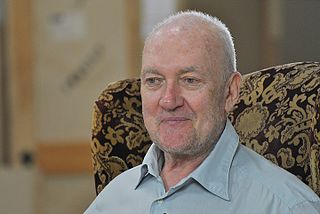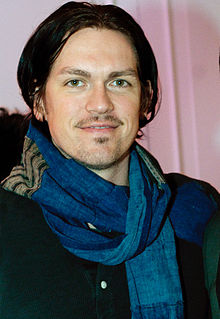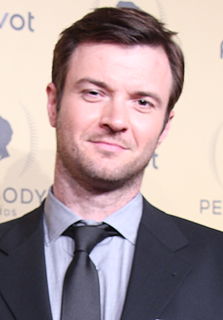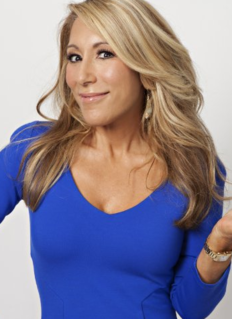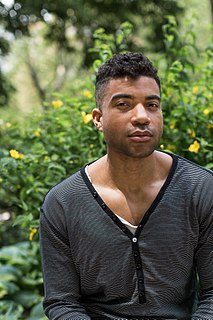A Quote by Joyce Carol Oates
That's how a thing starts out real then ends up just an idea.
Related Quotes
The real truth - like anything, you have an idea about something you might write and it changes. People reflect on it or you get other ideas and maybe your original idea is radically different than how it ends up being. It's not a theorem. You don't sit down and prove something. You start with an initial idea and it grows and grows. The math of the narrative changes. In some ways your original document and what the film ends up being are quite different.
When I don't feel like working out, lifting weights or doing serious cardio, the best thing for me to do is just go on the treadmill and walk. I walk and listen to music and 10 minutes will go by, then 15, and then I'll speed up a bit. Once my blood really starts flowing, I'll get a second wind and then I want to work out.
What is a scene? a) A scene starts and ends in one place at one time (the Aristotelian unities of time and place-this stuff goes waaaayyyy back). b) A scene starts in one place emotionally and ends in another place emotionally. Starts angry, ends embarrassed. Starts lovestruck, ends disgusted. c) Something happens in a scene, whereby the character cannot go back to the way things were before. Make sure to finish a scene before you go on to the next. Make something happen.
The back windows looked out over the fields, then the Atlantic, maybe a hundred yards away. Actually, I'm just making that bit up. I had no idea how far away the sea was. Only men could do things like that. "Half a mile." "Fifty yards." Giving directions, that sort of thing. I could look at a woman and say "Thirty-six C." Or "Let's try it in the next size up." But I had no idea how far away Tim's sea was except that I wouldn't want to walk to it in high heels.
As a producer, it starts when I talk about privacy and silence. It starts before anybody believes in it. And I think that's, you have to have a real sense of self, and in order to push things through. And so often, what's interesting, is how many people dismiss an idea that eventually everybody [gloms] onto. So to me it's, that's what I mean by hard.
I don't really have any advice, other than to say it's the most appallingly difficult thing I've ever tried to do and I wish I had a better idea of how to do it. In my experience what you end up with is the by-product of your failure to achieve what you set out to do. It may turn out OK, but it wasn't what you meant and you've no idea how you got there.
I guess my choice of medium depends on how I want to interpret the idea. Sometimes the interpretation works best in a photograph, and then sometimes it works best in a drawing. But most often times, with the work, everything starts with the diorama with the photograph. Then I'm just filtering out ideas and images from the photograph and reinterpreting them in other mediums.
Everything is being synced up, and it's harder to see where the skill starts and the technology starts and ends. Maybe that's a good thing; it's more enjoyable for the listeners, more enjoyable for the party, if you don't need to worry about things falling off. So maybe we can concentrate on other aspects of the art form.
There are many ways to cover up our sin. We may justify or minimize it by blaming circumstances and others people. However, real repentance first admits sin as sin and takes full responsibility. True confession and repentance begins when blame shifting ends...Just as real repentance begins only where blame shifting ends, so it also begins where self-pity ends, and we start to turn from our sin out of love for God rather than mere self-interest.



